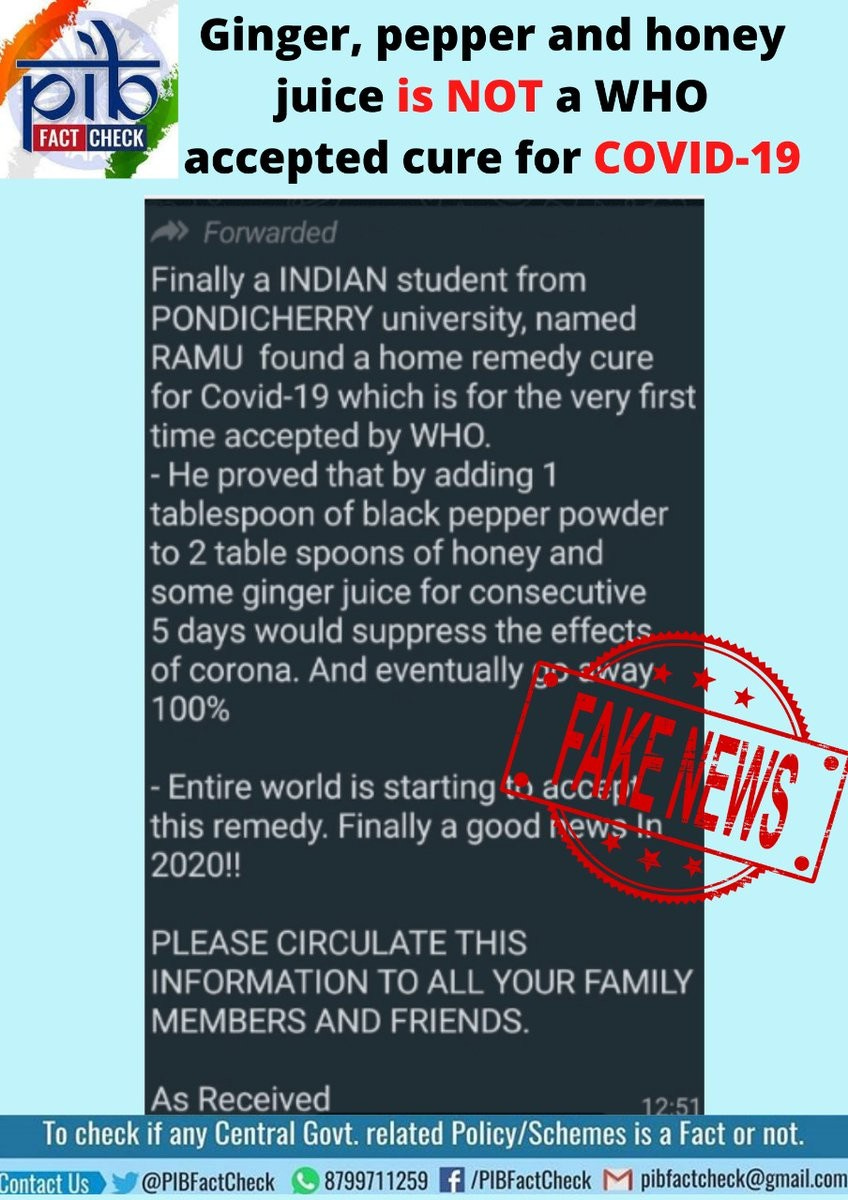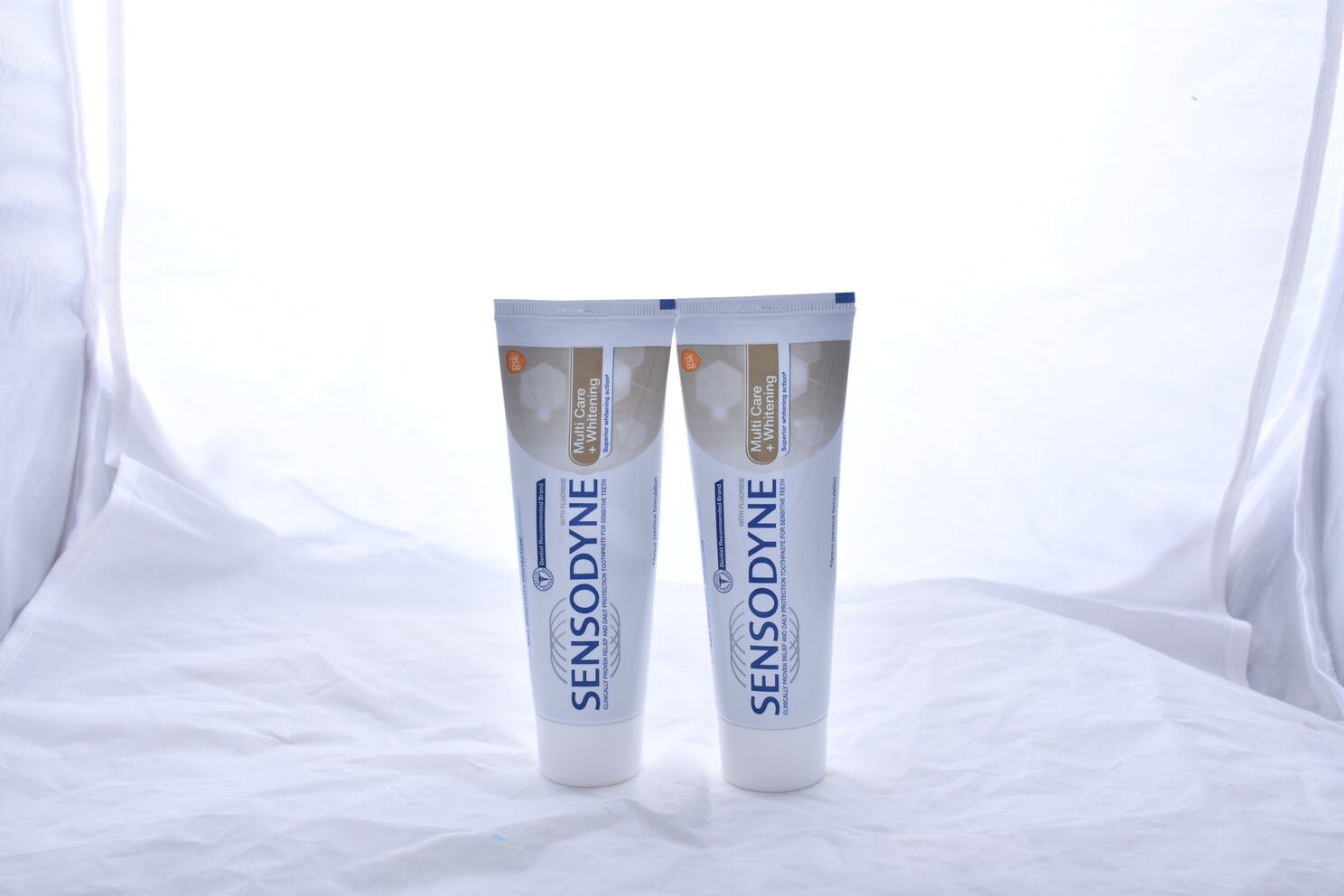Can you confidently know things without experience?
"How do you know? You have never been there, you have never experienced it, how do you know?"
A friend asked me this question last night after I shared an opinion based on something I have not personally experienced.
At that moment, the conversation went on to another topic, and no one really cared about the answer. To me, it seemed like a fair question and a question that deserved a proper answer.
This post is my answer.
The Short Answer
How do I know about something without experiencing it myself?
The short and blunt answer would be 'because of science'.
If you understand the logic leap, you can skip the rest of the post, or else you can read on.
Direct & Indirect Experience
Yes, the simplest way to know something is true would be actually experiencing it for yourself. Let's call this type of knowing - knowing from direct experience.
"The sky is blue", you know it because you can experience it.
And certainly, this way of knowing from direct experience may lead to strong impressions and lasting models in your mind. For example, I lived in Mumbai for 10 years and I know from experience that the rains in Mumbai can be devastating. No amount of reading or watching documentaries could have prepared me for that truth.

However, this method of knowing is very inefficient. Think about this, if every person decided that they would only believe the things they have experienced, then knowing simple truths like 'Delhi is in north India' and "Mosquitoes spread malaria" would actually require them to experience those events.
A better way would be to learn from other people's experiences. I can know something by either talking to other people who have direct experience or by reading books written by them. Let's call this method of knowing - knowing from indirect experience. Through indirect experience, I can know, without experiencing it myself, that mosquitoes cause malaria or that Delhi is in north India, or that vaccines work against Covid-19.
The Truth Machine
But what if someone lies about their direct experience? For example, if they say, "I went to the Himalayas and I saw a man with the head of a lion." Would you still learn from this experience?
Or what if someone is deceived by their experience? For example, what if someone says "I had herbal tea while I had Covid-19 and I got better. Therefore, herbal tea cures Covid-19". Would you still believe them?

"No", I hear you saying as you wince. "These statements look obviously false. It is just common sense."
But, what if situations start getting a bit trickier? Consider, "All the land I can see is flat, therefore the earth is flat." or, "I can see the sun moving in the sky, it is very obvious that the sun moves around the earth." Again both these statements seem obviously false, but humans believed both of them for thousands of years.
"9/10 dentists recommend this toothpaste and therefore it is good." Would you believe this statement to be true?

So, how do you know which indirect experience to trust and which not to?
We currently live in an age where we collectively trust a method of finding the truth, called science. Science is humanity's truth machine (or a lie detector). Science allows us to create Humanity's knowledge base - a set of truths that all humans around the world can trust.
Anything that is found out by the scientific method officially goes into this knowledge base and anything that does not stays out. Often there are situations where something that was found out to be scientific in the past, is later refuted and kicked out of the knowledge base, and vice-versa.
"All the land I can see is flat, therefore the earth is flat." "I can see the sun moving in the sky, it is very obvious that the sun moves around the earth." A scientist would ask questions like:
- What experiments were performed to test these statements?
- What here the methods and instruments used for testing?
- What are the predictions that can be made if these statements were true?
"9/10 dentists recommend this toothpaste and therefore it is good." A scientist would ask questions like
- How many dentists were surveyed in total?
- How were the questions asked?
- Who asked the questions?
- Were these dentists paid by the toothpaste company?
Such questions test the validity of the experience and help us be certain about the truth of these statements. If the statements pass the test of science, they are deemed scientific truths - truths all of us can trust.
Which indirect experiences can you trust?
The answer is very obvious now - the scientific ones. If the indirect experience is scientific, you can trust it, if it is not, you can't.
On the Shoulders of Giants
If you take a minute and think about all the things you think you know, very soon you will realize that you have NOT directly experienced most of them. Yet, a lot of us keep making the same mistake of assuming that the best form of learning happens from direct experience. Or we keep on giving excuses like, "I don't read. I learn from real-world experience".
"Fools say they learn by experience. I prefer to profit by other people's experience.” - Bismarck
The learning that you can have from the real world that you can experience during your lifetime, is insignificant when compared with humanity's collective knowledge. The great gift of science is that you don't need to experience everything yourself, you can trust the experience of others if it is scientific and take their work forward. This is, in fact, the way in which scientific innovations happen - by building on the work of people before you, by trusting their experience.
Once you start learning from indirect experience, your own direct experience can be significantly better because of the perspective and the context that you have. You can avoid the mistakes others made, you can follow the signposts they laid, or you can take their work forward by picking up where they left. You can look farther by standing on the shoulders of giants.
"If I have seen further it is by standing on the shoulders of Giants" - Isaac Newton
The Complete Answer
How do I know about something without experiencing it myself?
I know without experience because I have learned from the indirect experience of others who followed the scientific method to record their experience.